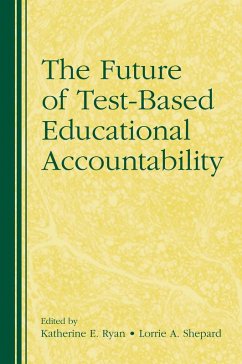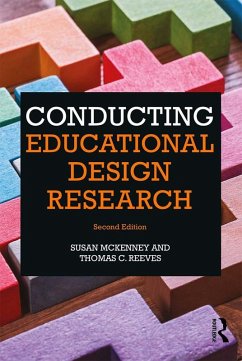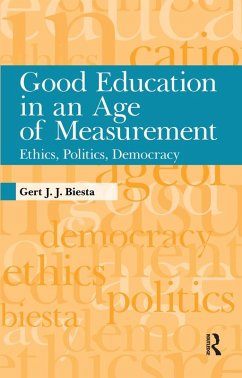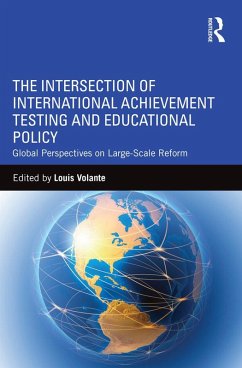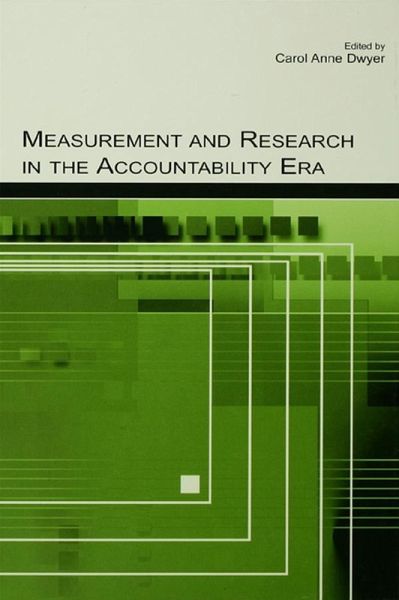
Measurement and Research in the Accountability Era (eBook, ePUB)
Versandkostenfrei!
Sofort per Download lieferbar
46,95 €
inkl. MwSt.
Weitere Ausgaben:

PAYBACK Punkte
23 °P sammeln!
The subject of accountability warrants thoughtful and dispassionate attention in today's educational environment. The accountability and school reform policies that are put in place today will have wide-ranging and long-lasting consequences for all of the nation's learners. This volume stems from the 2003 Educational Testing Service Invitational Co
Dieser Download kann aus rechtlichen Gründen nur mit Rechnungsadresse in A, B, BG, CY, CZ, D, DK, EW, E, FIN, F, GR, HR, H, IRL, I, LT, L, LR, M, NL, PL, P, R, S, SLO, SK ausgeliefert werden.





